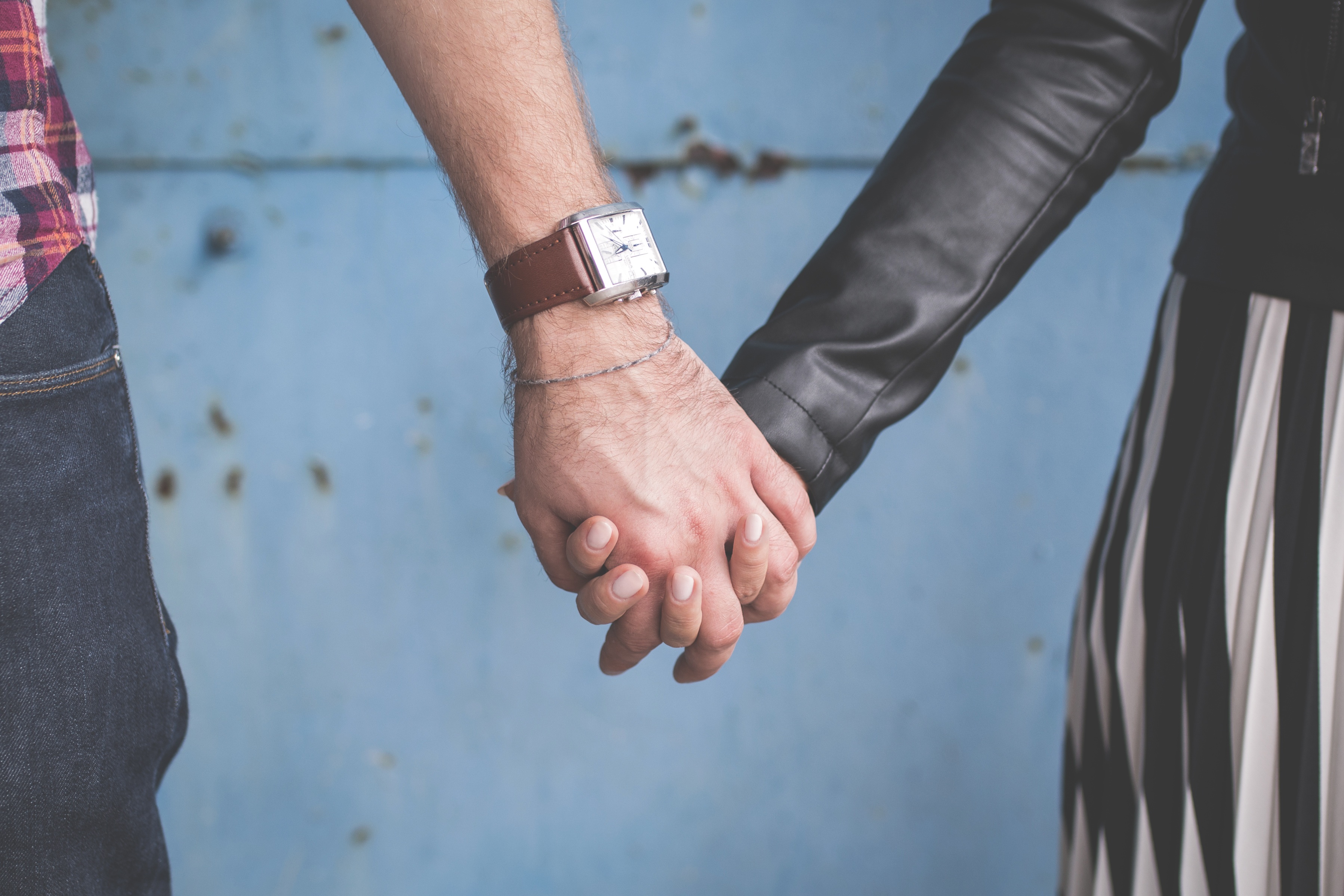Love and the Other, Attachment and the Self: Maintaining a Loving Relationship
Immediately after a strenuous day at work, James jumps on a 6 o’clock flight for a meeting in San Francisco. On his way to the airport, he receives a text from his wife, Lauren: “Call me when you get to your hotel”. Stressed and overwhelmed, James barely makes it on time, buckles his seatbelt, and begins to prepare for his meeting on the flight. When he finally arrives to the hotel, he checks in and decides to rest his head for only a moment before calling his wife but falls into a deep sleep as a result of his exhaustion. How do you suppose his wife reacts when he explains in the morning?
We have all heard the statement that begins with “If you love(d) me you would…” but have we ever stopped to wonder if that is what love truly is about? Is love about fulfilling expectations and emotional voids? When we observe a love story unfold in romantic movies we witness grand selfless acts, prioritizing another’s needs before one’s own, and we convince ourselves that that form of love does not exist in reality. So what stands in the way of our ability to maintain a reciprocal, self-less, loving relationship? Our attachment orientation.
Attachment theory was developed by psychologist, John Bowlby over 50 years ago. His theory postulates that from infancy, we demand a certain level of support, warmth, and presence from our caregiver(s). Whether or not these needs are met early on determines the level of security of our attachment style. In other words, the more confident an infant is that his or her caregiver is in close proximity and reliable for support, the more secure the attachment. Conversely, if an infant is unsure of whether or not he or she will receive the support or attention needed or if the caregiver does not offer a reliable and consistent pattern of availability, the infant will develop an anxious or insecure attachment style. In the past, research stated that our attachment orientation is immutable; however, today we have found that the opposite is true, we have the ability to change.
Let’s now suppose Lauren has an anxious attachment style. The message behind her argument would be “I needed you to contact me so that I could feel safe because you are so far away. When you do not put my needs before your own I get frustrated and uncomfortable”. This message would most likely be accompanied by criticism, defensiveness, anger, resentment, and/or hostility; a recipe for an escalated argument.
On the other hand, secure attachment style Lauren’s message might state “Although I was worried about your safety, I know you had a tiring day. You have not been getting much sleep lately. I assumed you dozed off and I can completely understand why. I hope your meeting goes well. I love you”.
Attachment is about the self while love is about the other. Before we demand, before we accuse, before we yell, before we jump to conclusions, and before we question the depth of love in our relationships, we should ask ourselves a few questions:
- What is it that I am feeling?
If your answer is anger or frustration, dig deeper…what is behind the anger (e.g. sadness, pain, hurt, loss, loneliness, abandonment, neglect, etc.)?
- What happened to trigger this feeling?
Does the situation you found yourself in with your partner remind you of any incidents that have hurt you in the past?
- What is my partner experiencing?
In relationships, the most difficult concept to accept is that there is no such thing as right and wrong. Enter every discussion with the intention of helping your partner understand you, not agree with you. Talk about what each of you experienced from your own perspectives; help each other empathize with one another.
- Am I approaching this situation from a place of love or attachment?
Remember, we all have attachment wounds and some are deeper than others. Rather than blaming your partner for not meeting that specific need, explain your wounds and how they came into existence. Help your partner help you.
Of course, taking the relationship’s history into consideration when approaching a situation from this perspective plays a major role as well; however, the more we accept that we need to heal as individuals, the less likely we are to hold our partners responsible for our wounds. It is our attachment wounds that should be held responsible for the pain we experience, not love. Remember that love is what heals our wounds, but only if we allow it to.
Written by: Y.M., MA, LMFT-Associate
If you have any further questions about this topic or to schedule a session with one of our clinicians, please CONTACT US.
Never miss a new blog post! Sign-up for our NEWSLETTER on our homepage.







